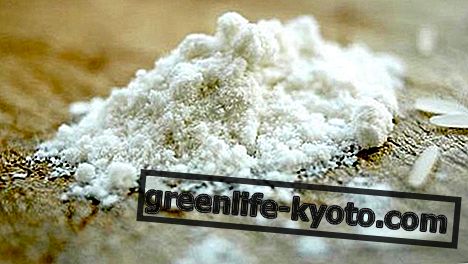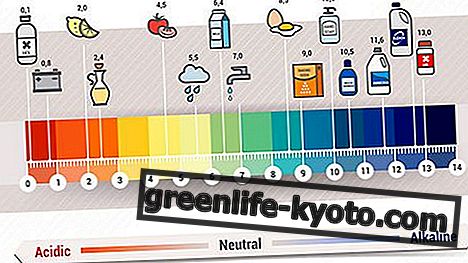
Halitosis: causes
Bad breath could have different causes.
The most widespread concerns inflammation of the oral cavity : gingivitis, periodontitis, abscesses, mouth ulcers, caries and plaque.
Poor mouth hygiene, associated with a poor diet, contributes to altering the oral mucosa and the composition of the saliva: in this case the problem lies in the patina that forms on the tongue and depends directly on the digestive process and poor cleanliness.
Some foods contribute to the production of a white or yellow patina on the tongue, making the mouth an environment suitable for the generation of bacteria, infections, and therefore also of bad odors.
The white patina is a desquamation of the mucosa due to a state of intoxication, with a consequent attempt by the body to detoxify through secondary excretions.
Other causes of bad breath may be due to infections of the pharynx and larynx, and therefore can be associated with sore throat and tonsillitis, fever, but also with sinusitis and colds.
Also the use and consumption of smoke, alcoholic beverages, over-sweetened foods, worsens the problems of halitosis.
Finally, the causes can be traced to poor digestion, particularly in cases of gastroesophageal reflux, and in cases of constipation that cause intestinal fermentation.
In any case, the most frequent cause is bacterial proliferation due to stagnation of saliva, mucosa and food.
Therefore the first step to remedy the problem of bad breath is to wash your teeth often, even without toothpaste or with natural toothpaste, also using dental floss, better if after every meal, to avoid food trapped on the edge of the dental collar and between teeth.
Also read 10 rules of oral hygiene >>
Halitosis: which essential oils to use
The essential oils that can help and reduce and make the halitosis disappear are divided according to the causes:
> halitosis due to causes attributable to the gums: tea tree and thymus . Tea tree and thyme serve as a remedy for teeth and gum infections, they are antibacterial and anti-inflammatory;
> halitosis due to poor digestion: peppermint and lemon . Peppermint and lemon stimulate digestion, while perfuming the oral cavity;
> halitosis in case of fever and sinusitis: lavender, with its marked antibacterial and general antifungal properties, disinfects the mouth and perfumes the breath.
Essential oils can be used to rinse the mouth, adding a drop of essential oil in a teaspoon of honey. It is then dissolved in a teaspoon of brandy, diluted in half a glass of hot water and used to clean the mouth without swallowing.
Then rinse with water and bicarbonate .
To clean the tongue you can use a brush soaked in a white clay spoon to which a drop of mint or tea tree has been added: brush the tongue until the patina is removed and rinsed with water.
It can also be used on the gums, always taking care not to swallow the clay and the essential oil.












